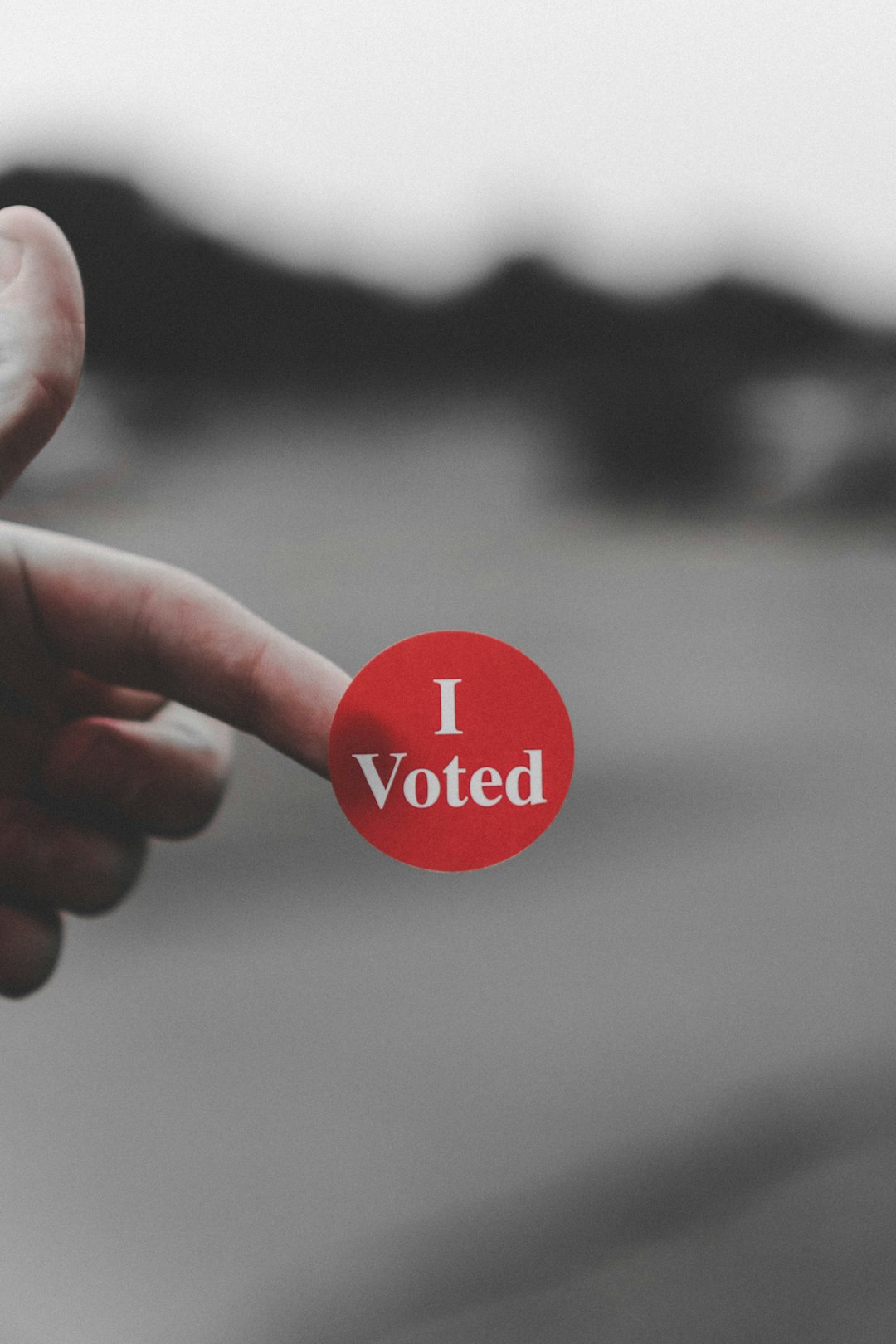
Beyond Ideology: Why Bipartisan Compromise Must Become Our New National Norm
In a world where outrage is the currency of political discourse, the idea of bipartisan compromise may seem as outdated as a rotary phone. However, the urgent need for collaboration across party lines has never been more pressing. As we teeter on the brink of social and political disintegration, it’s time to consider that compromise might just be the only antidote to our ideological hangover.
The Current State of Affairs
The polarization of American politics is not merely a talking point; it’s an observable phenomenon that has infiltrated every aspect of our lives. From Thanksgiving dinners devolving into shouting matches over social media posts to the incessant barrage of partisan news, we have witnessed a steady decline in civility and cooperation. According to recent studies, nearly 70% of Americans believe political divisions have increased in recent years. Shocking, right? But do we really need another survey to tell us that families now avoid discussing politics like it’s the plague?
The Case for Compromise
Bipartisan compromise isn’t just a quaint notion; it’s a necessity for our nation’s survival. History teaches us that significant progress often arises from the ashes of collaboration. Take, for instance, the landmark civil rights legislation of the 1960s. This wasn’t a product of one party’s unilateral decisions but rather a concerted effort across the aisle. Compromise led to the dismantling of institutional racism, proving that political opponents can indeed work together for the greater good.
In an era where 50% of Americans express distrust in their government, it’s clear that political gridlock does little to bolster faith in our leaders or institutions. When compromise becomes the norm, it fosters transparency and accountability. Imagine a Congress that actually functions, where representatives prioritize the needs of their constituents over party loyalty. Wouldn’t that be a scene worthy of a Hollywood blockbuster?
Counterarguments: The “Purity” Problem
Of course, the naysayers will argue that compromise equals capitulation. They’ll claim that bending even a little to the opposing side is akin to waving a white flag. These are the ideological purists who believe their way is the only way. But let’s be real: this “my way or the highway” mentality has led us to a cul-de-sac of stagnation.
Moreover, the inability to compromise often leads to extreme policies that alienate large swathes of the population. Take healthcare reform, for example. Instead of a balanced approach that accommodates various viewpoints, we’ve oscillated between extremes—one administration attempting to obliterate existing systems and the next scrambling to restore them. This game of political ping-pong does little to serve the average American.
Real-World Examples of Successful Compromise
Let’s explore some practical examples of when compromise has yielded tangible benefits. The bipartisan efforts in passing the Infrastructure Investment and Jobs Act demonstrated that when both parties come together, they can accomplish great things. This legislation, which received support from across the aisle, is expected to create jobs and revitalize communities—two things we can all agree are beneficial.
Furthermore, the recent push for criminal justice reform showcases how bipartisan efforts can lead to meaningful change. When conservatives and progressives unite to address issues like mass incarceration, it’s a win-win for everyone involved—except perhaps the political pundits who thrive on division.
A Call to Action
So, what can we do to facilitate this new norm of bipartisan compromise? First and foremost, we need to demand accountability from our elected officials. Encourage them to prioritize collaboration over conflict. Engage in community discussions where citizens from all political backgrounds can voice their opinions without fear of ridicule or reprisal.
Moreover, let’s support media outlets that promote dialogue rather than division. After all, if we’re going to make compromise the new national norm, we need to change the narrative.
Conclusion
In our increasingly divided society, embracing bipartisan compromise is not just a nice idea; it’s an imperative. History has shown us that collaboration leads to progress, trust, and ultimately, a better society. While it may be tempting to cling to our ideological silos, the reality is that compromise can yield solutions that benefit us all.
So, the next time you engage in a debate, consider this: instead of shouting louder, why not try to listen? In a world that thrives on conflict, the true revolutionary act might just be finding common ground. Remember, it’s not about winning; it’s about building a future we can all share.
Let’s make compromise the new national norm—because if we don’t, we’ll be stuck in this partisan quagmire forever. And nobody wants that, not even Aunt Edna at the Thanksgiving table.
Tags: opinion, editorial, current events, bipartisan compromise, political discourse, national unity


